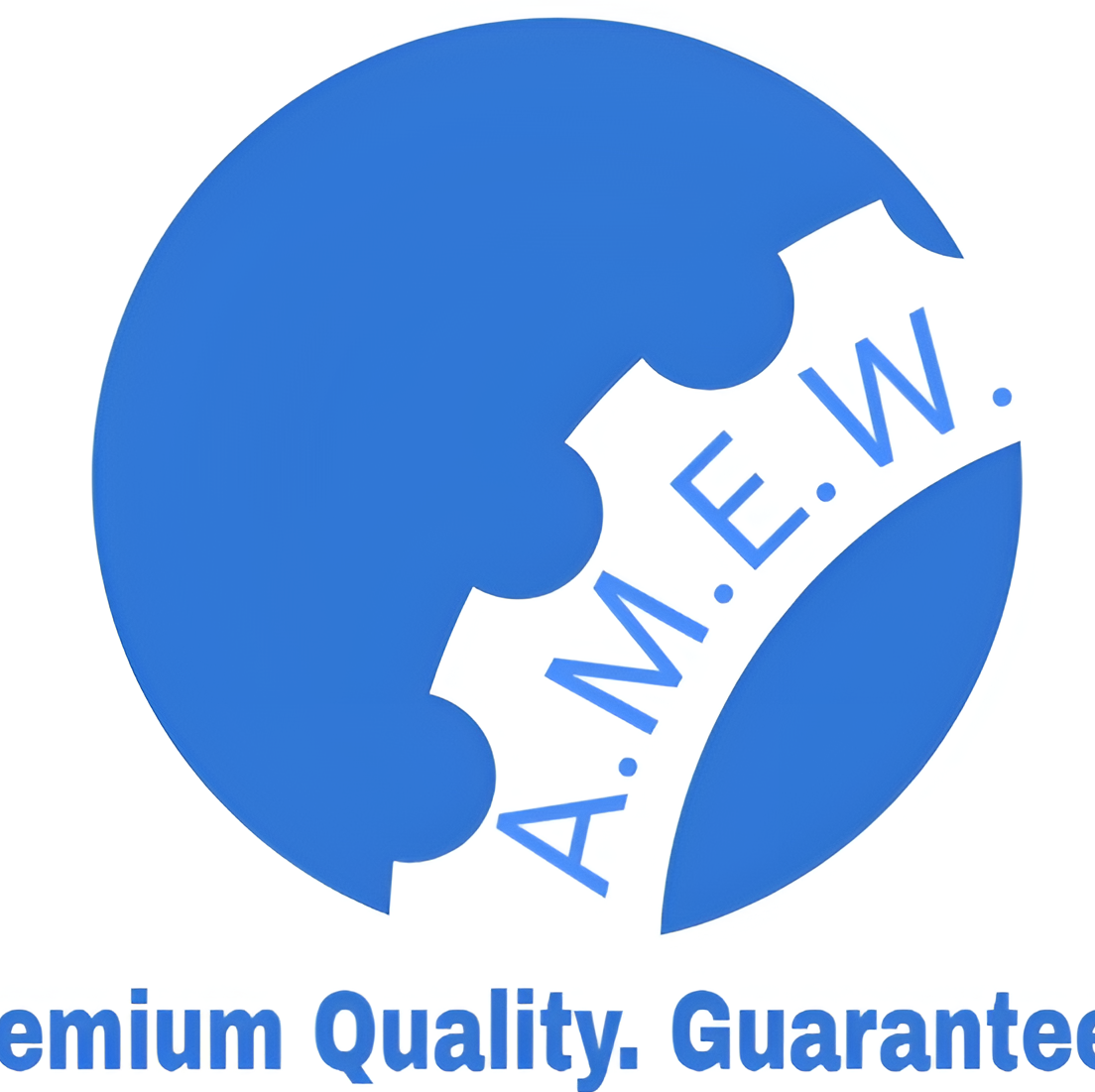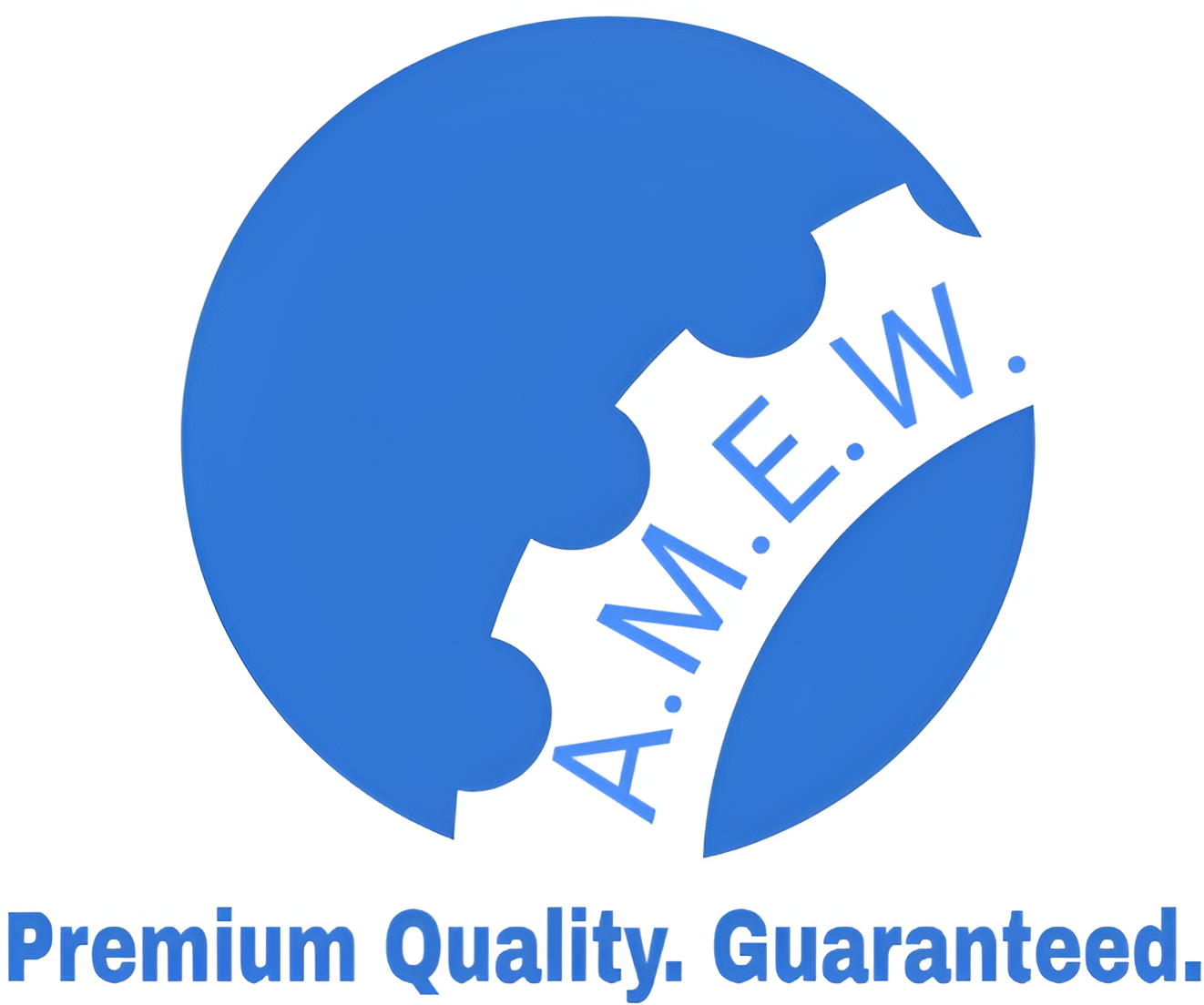1060 Steel – Composition, Properties, and Applications
Introduction to 1060 Steel
1060 steel is a high-carbon steel grade known for its excellent hardness, strength, and wear resistance. With approximately 0.60% carbon content, this steel offers a balance of toughness and durability, making it a popular choice for industrial components, automotive parts, and cutting tools like swords and knives.
This steel is part of the 10xx series of plain carbon steels, which are widely recognized for their simple chemical composition and outstanding mechanical performance after proper heat treatment. Due to its versatility and cost-effectiveness, 1060 steel is extensively used in both heavy-duty machinery and precision components.
What is 1060 Steel?
1060 steel is a medium-to-high carbon steel that contains around 0.55–0.65% carbon. The presence of carbon enhances hardness and tensile strength while maintaining a good degree of machinability. Compared to lower carbon steels like 1020 or 1040, 1060 steel can achieve superior cutting performance and wear resistance when properly quenched and tempered.
Chemical Composition of 1060 Steel
| Element | Percentage (%) | Function |
|---|---|---|
| Carbon (C) | 0.55 – 0.65 | Increases hardness and strength |
| Manganese (Mn) | 0.60 – 0.90 | Improves toughness and hardenability |
| Phosphorus (P) | ≤ 0.04 | Enhances machinability (kept low) |
| Sulfur (S) | ≤ 0.05 | Improves machinability (kept low) |
| Iron (Fe) | Balance | Base metal |
This straightforward composition makes 1060 steel easy to work with during forging and heat treatment.
Properties of 1060 Steel
Mechanical Properties:
-
Tensile Strength: ~ 620 MPa (after proper heat treatment).
-
Yield Strength: ~ 350 MPa.
-
Hardness (HRC): ~ 50 – 55 (quenched and tempered).
-
Density: 7.85 g/cm³.
-
Elongation: ~ 10 – 15%.
Key Characteristics:
-
High Hardness: Makes it suitable for blades, automotive springs, and industrial cutting tools.
-
Good Toughness: Despite being hard, it resists deformation under stress.
-
Wear Resistance: Ideal for applications involving friction and impact.
-
Moderate Corrosion Resistance: Being plain carbon steel, it requires coatings or oiling to prevent rust.
-
Excellent Forgeability: Can be easily forged into desired shapes when heated.
Heat Treatment of 1060 Steel
Heat treatment is crucial to bring out the best performance in 1060 steel:
-
Annealing:
-
Heated to 800–850°C and then slowly cooled to relieve stress and improve machinability.
-
-
Quenching:
-
Heated to 800–850°C and rapidly cooled in oil or water to increase hardness.
-
-
Tempering:
-
Reheated to 200–400°C after quenching to improve toughness and reduce brittleness.
-
This combination of quenching and tempering ensures the steel has both strength and resilience.
Advantages of 1060 Steel
-
High Strength: Excellent load-bearing capacity.
-
Superior Edge Retention: Widely used in swords, knives, and tools requiring a sharp edge.
-
Cost-Effective: Offers excellent performance at an affordable price compared to alloy steels.
-
Versatility: Suitable for automotive, industrial, and cutting tool applications.
-
Easy Heat Treatment: Responds well to different hardening processes.
Limitations of 1060 Steel
-
Low Corrosion Resistance: Requires protective coatings or regular maintenance.
-
Moderate Toughness Compared to Alloy Steels: May chip under very high impact.
-
Machinability: Slightly lower than low-carbon steels due to higher hardness.
Applications of 1060 Steel
1060 carbon steel is used across a wide range of industries:
-
Automotive Industry: For springs, axles, and clutch components.
-
Cutlery & Blades: Used for swords, knives, and machetes due to its edge-holding capacity.
-
Industrial Equipment: Shafts, wear plates, and cutting tools.
-
Construction: For tools such as chisels, hammers, and punches.
-
Forging Applications: Popular among blacksmiths for custom blades and mechanical components.
1060 Steel vs. Other Steel Grades
| Grade | Carbon Content | Key Property | Application |
|---|---|---|---|
| 1045 | 0.45% | Good balance of toughness | Automotive and machine parts |
| 1060 | 0.60% | Higher hardness & wear resistance | Blades, springs |
| 1095 | 0.95% | Extremely hard but less tough | Knives, cutting tools |
Compared to 1045, 1060 steel is harder and more wear-resistant, but it is less tough than 1045 due to higher carbon content.
Why Choose 1060 Steel for Industrial and Blade Applications?
The edge retention, hardness, and cost-effectiveness of 1060 steel make it a popular material for blades, springs, and automotive components. Its ability to undergo heat treatment and forging allows for precise customization.
Why Choose Titan Steel for 1060 Steel Products?
At Titan Steel, we offer high-quality 1060 steel bars, sheets, and custom forgings designed for industrial and cutting applications.
Our Advantages:
-
Expertise in carbon steel grades, including 1060 and 1045.
-
Custom heat treatment and machining services.
-
Competitive pricing and reliable supply.
-
Adherence to ASTM and EN standards.
Contact Us
Looking for premium 1060 carbon steel products?
👉 Get a Quote or call +91 7385863226.
Email: sales@titansteel.in
Address: Plot No. 15, Khan Compound, Taloja M.I.D.C., Navi-Mumbai 410208, Maharashtra, INDIA.
Final Thoughts
1060 steel is a versatile, high-performance carbon steel suitable for both heavy-duty industrial components and sharp-edged tools like swords and knives. With proper heat treatment, it delivers an excellent balance of hardness, toughness, and durability. Whether for automotive, toolmaking, or custom forging, 1060 steel remains a reliable and cost-effective choice.

